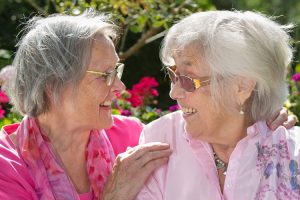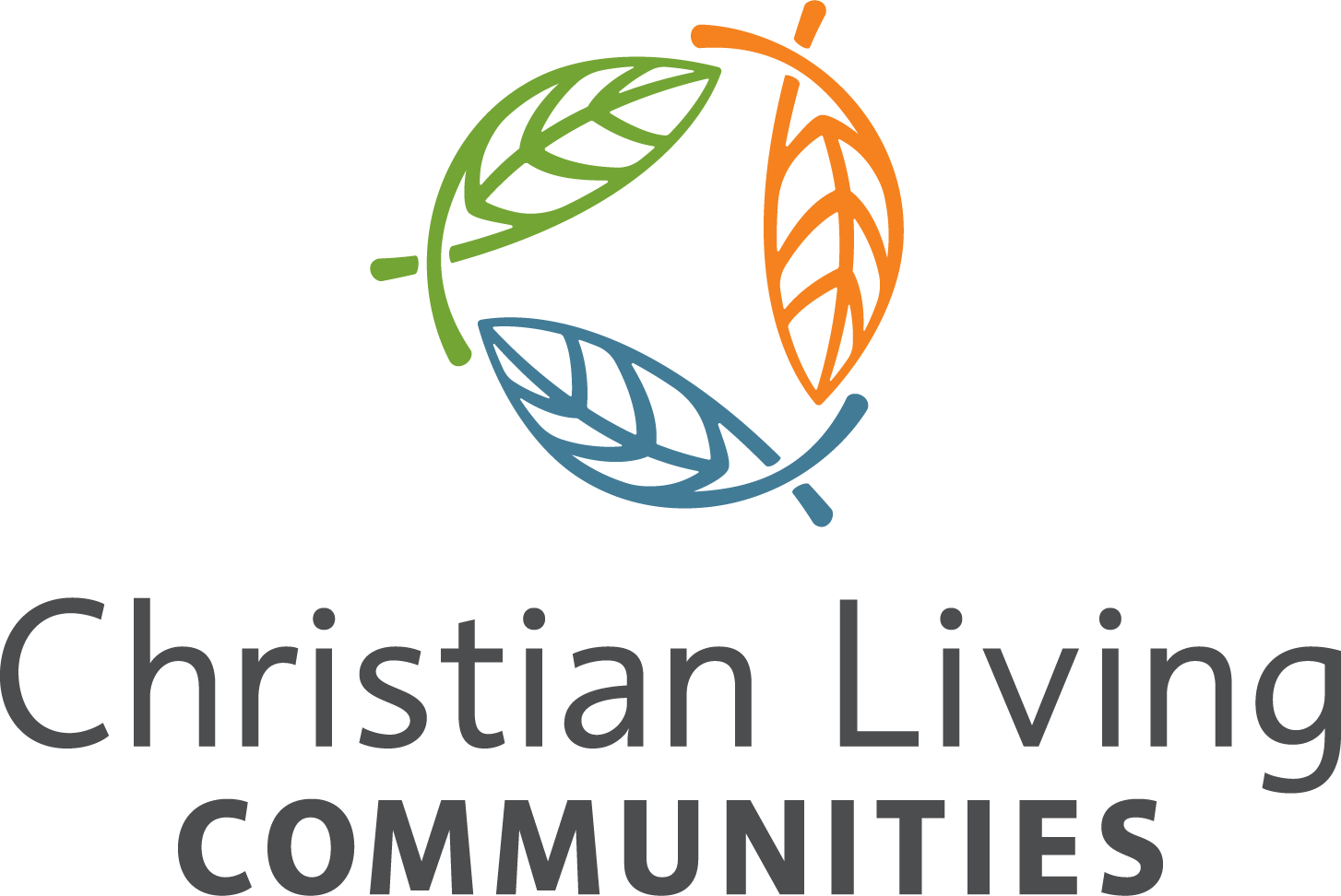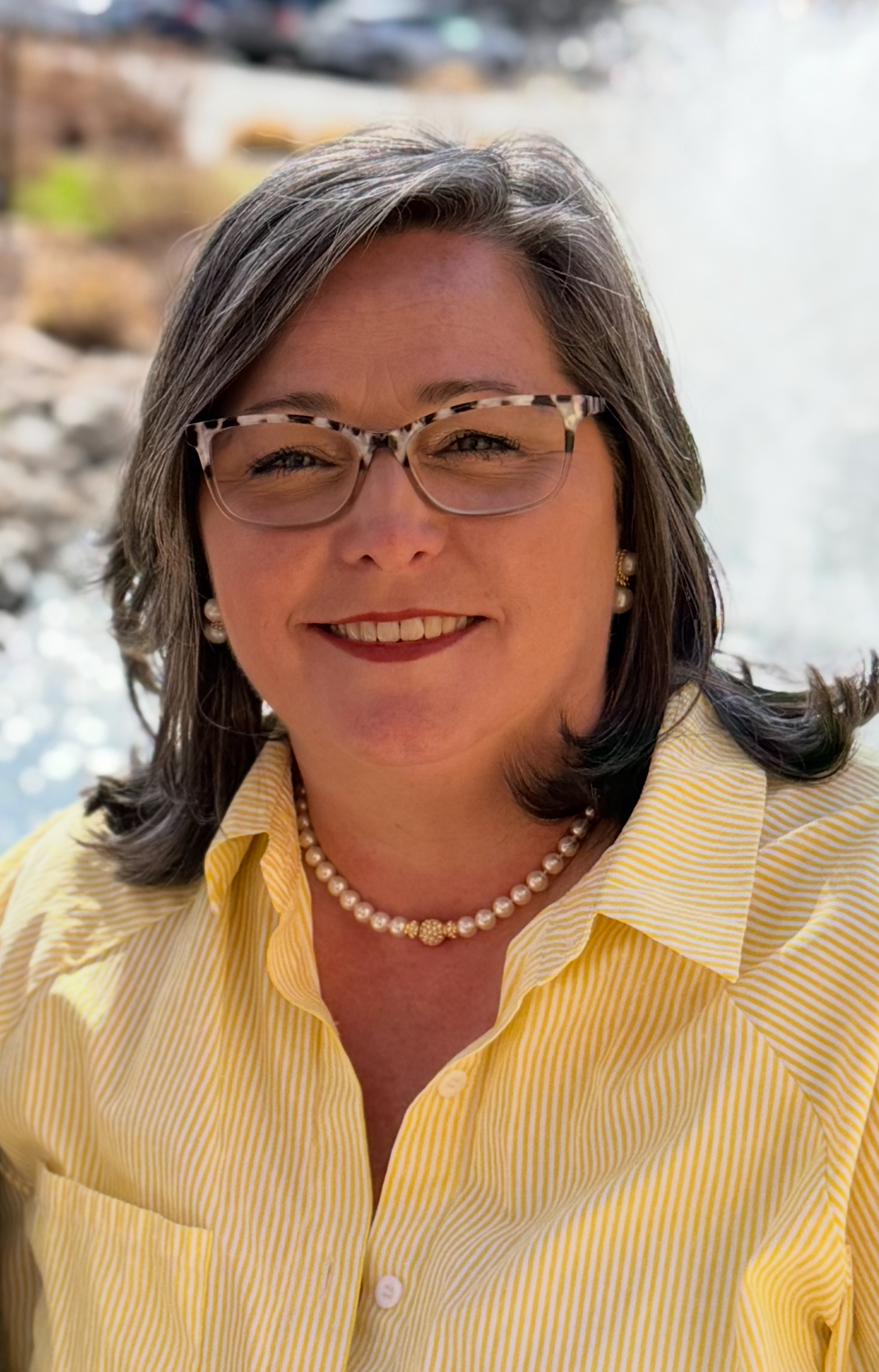Aging happens. We all know this to be our path. But aging doesn’t mean an agonizing march to the end. Aging offers us a chance to fully live… all the way “home.” There are speed bumps and detours offered by the plagues of aging, but the journey of the human spirit can be beautiful.
 Loneliness
Loneliness
Have you ever been in a crowd, surrounded by people, and still felt lonely? Loneliness is not the same as being alone. Being alone can have benefits to a healthy and balanced life. Being lonely reflects a deeper need and is a dynamic of a broken community. Vivek Murthy, the 19th and 21st Surgeon General, declared loneliness to be an epidemic in America. Chronic loneliness is as deadly as smoking 12 cigarettes a day. (AP, May 2, 2023). While the loneliness epidemic impacts all ages, it is particularly challenging for elders when they desire to age in place, or health changes mandate changes in community.
“Loneliness is the pain of wanting companionship but not having it”
(Certified Eden Associate Training)
In looking at the life of Jesus Christ, we can identify types of loneliness he experienced that feel close to our own stories:
- Rejection: his hometown and family turned against him when he declared his ministry (Mark 6:1-4).
- Loss: When Jesus didn’t keep providing for people through miracles, many disciples turned away and left him. (John 6:66-67)
- Disappointment: When Jesus asked his disciples to pray with him in the Garden of Gethsemane and they repeatedly fell asleep (Matthew 26:38-45).
- Abandonment: When Jesus hung on the cross, in his deepest moment of suffering, he too felt abandoned (Matthew 27:46).
It’s a fair assumption that we have all experienced different levels of these same kinds of loneliness present in Christ’s story. In Christianity, we believe that Jesus also provided the solution. Most often Christian’s speak of Jesus death and resurrection as a means of restoring relationship with God. In my denomination we also say that Jesus made possible the restoration of all that was lost in the Garden of Eden: relationships with God, others, ourselves, and all of nature. The Eden alternative sums up the solution in this way – Connection. To connect with others in our community is, in Eden language, to return to the garden, in Jesus’ language, it is building the Kingdom of God.
 Helplessness
Helplessness
Sometimes there are things out of our control, both internally and externally, that leave us feeling helpless; a surprise health diagnosis, a chronic illness, a fall or car accident, or family that has passed away or moved. If one feels there is nothing they can do to change or alleviate suffering, it will eventually lead to a mindset of despair or depression. This is the feeling of helplessness.
“Helplessness is the pain we feel when we only receive
and never have an opportunity to give.”
(Certified Eden Associate Training)
The lame man at the pool of Bethesda (John 5:5) was unable to receive healing because he could not help himself into the pool when the “waters were stirred” by the Spirit. Israel felt helpless in times of war (Jeremiah 6:24 and Ezekiel 21:12) and expressed their emotions in the way they showed it in their bodies: we lost our strength, our hands hang limp, our knees have become like water, and we have lost heart. As a chaplain, it is almost a guarantee that in the midst of any kind of suffering, the person impacted by it will eventually ask “Why? What is the meaning of my suffering.” The solution to our feelings of helplessness is to find meaning and purpose in our lives. Sometimes, the most successful way is finding meaning and purpose outside of or despite the suffering.
Because everyone’s journey is specific, and the lines between what can be changed and what limitations need to be accepted blur, the spiritual practice of the Serenity Prayer by Reinhold Niebuhr, can aid in the wisdom needed as we age. This familiar prayer of Alcoholics Anonymous lends us wisdom for our aging journey when we personalize the prayer:
“God, grant me the serenity
to accept (name what needs to be accepted) that I cannot change,
Courage to change the (name what you can still give to others) I can,
and the wisdom to know the difference.”
 Boredom
Boredom
Earnest Hemingway wrote his first breakout novel “The Sun also Rises” in 1926. It is a story about post WWI expatriates wandering through Europe seeking one pleasure after another after experiencing the disillusionment of life’s purpose after the tragedies of war. His title comes from Ecclesiastes 1 where the teacher expounds on the meaninglessness of life, “all is vanity”. The teacher talks about working hard and amassing wealth, working long enough to die and have the results of his labor go to the next generation. On the opposite end of this, the teacher also pursued every pleasure he could.. But on both occasions the teacher was bored, whether working or finding pleasure, life was monotonous. Boredom has nothing to do with work ethic or seeking pleasure but is found at either end of the spectrum when everything is the same. The Church has a long history of battling the teachings of Gnosticism; the only thing good is spiritual, anything material, including our bodies, is evil and can only produce evil. On the other side of this philosophy is Hedonism; all of life is about finding pleasure. The continuum of meaning in life ends with these two extremes.
“Boredom is the pain of a life without variety or spontaneity”
(Certified Eden Associate Training)
The fact of life is that homes need to be cleaned, laundry needs to be washed, and bills need to be paid. But this structure of responsibility is necessary so that spontaneity can actually be… spontaneous! Look at Mary and Martha, one who sought to be faithful in the routines of expected responsibility, the other who chose a spontaneous action of learning from Jesus along with the men. Neither woman was wrong, but wisdom called for spontaneity in that moment.
We all have some of Mary and Martha within us. Spontaneity is more than the unexpected, it is also about learning and growing for the entirety of our lives. Learning is to find something new.
The three plagues of the human spirit do not announce their arrival but slowly and silently seep into our lives. Whether you support our communities in giving, working, or residing – we have an opportunity to check-in with ourselves and our communities and ask how well the health of our human spirit is. How are you doing with connection, receiving and giving, spontaneity and learning? Time to check-in.
About the Author
Reverend Cheryl Meakins serves as Chaplain at the skilled nursing Suites at Clermont Park and Suites at Holly Creek. She is the mom to three young adults, wife to Mark for 25 years, and a theologian who practices contemplative prayer. Cheryl is also a dog and cat mom, board game enthusiast, former Occupational Therapist, and pickle ball novice.


